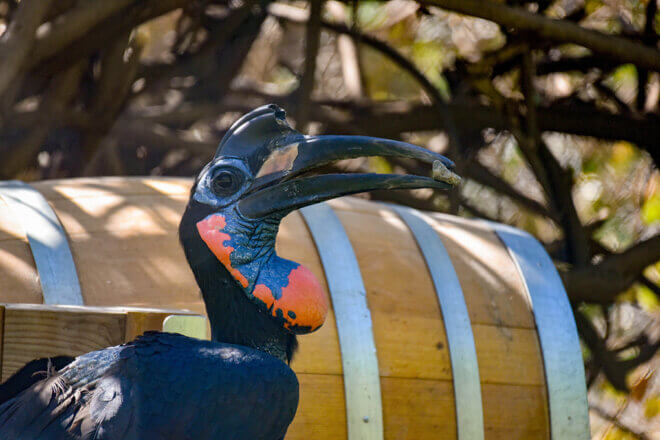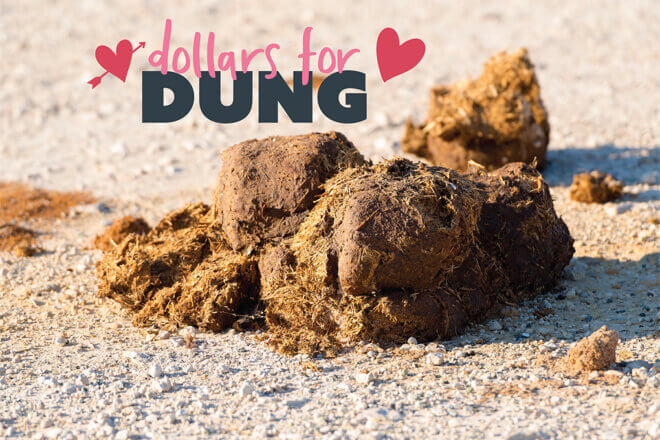Natalie asks:
What do plants eat?
Most plants make their own food! Using the energy from sunlight captured by special cells in their leaves and sometimes their stems, plants can combine carbon dioxide and water to make sugar! They use the energy stored in this sugar to breath and grow.
Plants also take up vitamins and minerals (nutrients) primarily from the ground through their roots. Some nutrients may also be absorbed through their leaves and stems. Nutrients are important for plant growth and survival.You can get your garden plants to grow more successfully by providing them with fertilizer. The best fertilizers for the environment are those that release nutrients slowly into the soil like composts and manures. We have a worm farm in Base Camp Discovery. The worms in this farm feed on rotting vegetables and then poop out very nutrient-rich manure that we can use to feed our hummingbird and butterfly garden plants.
Some plants cannot produce sugar and depend on other plants to survive. A great local example of this is the familiar, pale-white plant known as Indian Pipe. This plant has no chlorophyll and therefore cannot capture the sun’s energy. Instead, it takes nutrients and sugars from the fungii (mushrooms) that feed the roots of nearby trees.
— Peter Martin, School Programs Manager





Share this article